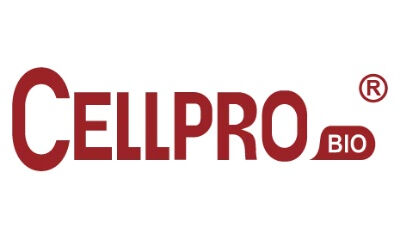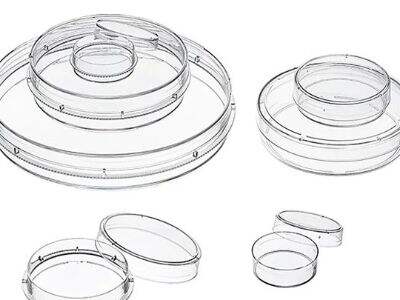Tips for Keeping Samples Safe
1) Temperature Control: The temperature is one of the critical things to consider when samples are stored. Keeping samples at the appropriate temperatures helps to prevent processes that would degrade them. Sealed samples always require something different, so make sure you read the instructions before storing your samples. Certain samples, for instance, might need to go into a refrigerator, pasteur pipette while 2ml serological pipette others may need to head to one far colder, like a freezer. If you know what temperature is best, they can help keep your samples fresh.
Keep Pollution Out: Samples are strong very delicate, and you may easily polluted a sample if you aren't careful. There are two problems: pasteur pipette dropper Contamination simply means that foreign objects can enter and ruin your samples. To prevent this keep the container closed as much as possible. Every time you open it, there’s an opportunity for dirt or germs to crawl inside. Be sure to wear gloves when you touch your samples, clean instruments and maintain a tidy workspace. A clean area will keep your samples as safe as possible from anything malicious.
Moisture Control: Excessive moisture can be detrimental to samples. That can cause bacteria and mold to grow, spoiling the samples. If you don’t want this to happen to you, ensure that all your samples are completely dry before placing them in the container. Drying contains

 EN
EN
 AR
AR
 BG
BG
 HR
HR
 CS
CS
 DA
DA
 NL
NL
 FI
FI
 FR
FR
 DE
DE
 EL
EL
 HI
HI
 IT
IT
 JA
JA
 KO
KO
 NO
NO
 PL
PL
 PT
PT
 RO
RO
 RU
RU
 ES
ES
 SV
SV
 TL
TL
 IW
IW
 ID
ID
 SL
SL
 UK
UK
 VI
VI
 HU
HU
 TH
TH
 TR
TR
 AF
AF
 MS
MS
 GA
GA
 BE
BE
 IS
IS
 HY
HY
 LO
LO
 NE
NE
 MY
MY






